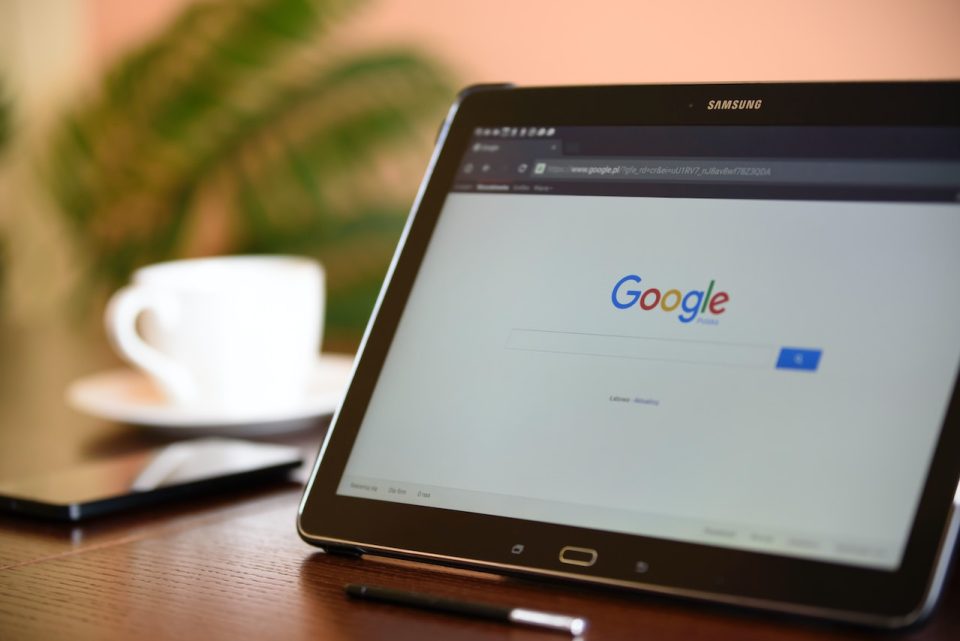Alphabet Inc.’s Google, a dominant force in the digital advertising realm, has expressed apprehension about potential erosion of its market share. Testifying at the federal antitrust trial on Tuesday, Jerry Dischler, Vice President for Google’s advertising products, stated, “I would not say Google search ads are a must-have for any advertiser.” He went on to reveal that Google is witnessing a loss of market share to emerging players, citing TikTok and Amazon.com Inc. as notable contenders.
The U.S. Justice Department contends that Google has unlawfully sustained a monopoly in online search by funneling billions of dollars to web browsers and smartphone manufacturers, ensuring its preselection as the default option for users. As part of these agreements, Google disburses a portion of its search advertising revenue to Apple Inc., Samsung Electronics Co., and other partners.
Dischler disclosed that roughly two-thirds of Google’s revenue, surpassing $100 billion in 2020, is derived from search ads. While the company has consistently experienced robust growth in search ad revenue since 2012, precise figures remain confidential.
For over five years, Google and Meta Platforms Inc. have commanded over half of the online advertising expenditure. However, recent shifts in the landscape, including alterations in Apple’s privacy policies, have paved the way for formidable rivals, with Amazon emerging as a prominent challenger.
Dischler highlighted that Google currently boasts around 5 million advertisers, trailing behind Meta’s 10 million. Retail ads constitute the largest share of Google’s search ads, accounting for approximately 35%.
In response to queries from U.S. District Judge Amit Mehta, Dischler revealed that some consumer goods manufacturers have contemplated redirecting their advertising budgets from Google to Amazon. He noted that Amazon now outpaces Google in retail advertising and is experiencing double the growth rate.
Dischler emphasized Amazon’s superior data analytics capabilities in evaluating advertising effectiveness, leading to a shift in advertising budgets. Notably, he acknowledged Google’s practice of adjusting ad auctions, potentially affecting ad costs and minimum spending requirements without explicit notification to advertisers.
Google’s CFO Ruth Porat’s revenue targets were a pivotal concern, with Dischler and his team discussing potential modifications to ad auctions in order to meet these goals. Dischler underscored the significance of meeting quarterly quotas to avert adverse market repercussions.
During cross-examination, Dischler affirmed Google’s commitment to impartial search results, asserting that financial incentives do not compromise the quality of organic search outcomes. He stressed the importance of maintaining a clear separation between revenue-driven advertising decisions and organic search results.
While acknowledging that some auction adjustments led to a 5% rise for typical advertisers, Dischler conceded that certain alterations may have led to a 10% surge for specific queries. Nevertheless, he expressed reservations about implementing a 15% price increase, deeming it a risky maneuver.
Dischler conceded that there was no conclusive evidence indicating that even with a 15% price hike, Google would not retain enough advertisers to secure a revenue increase. Notably, one revenue-boosting change, known as RGSP, shifted the hierarchy of top advertisers, yielding increased revenue for Google.
A spokesperson for Google declined to comment on Dischler’s testimony. The trial continues to unfold, shedding light on critical facets of the digital advertising landscape and Google’s pivotal role within it.
Source: Bloomberg

